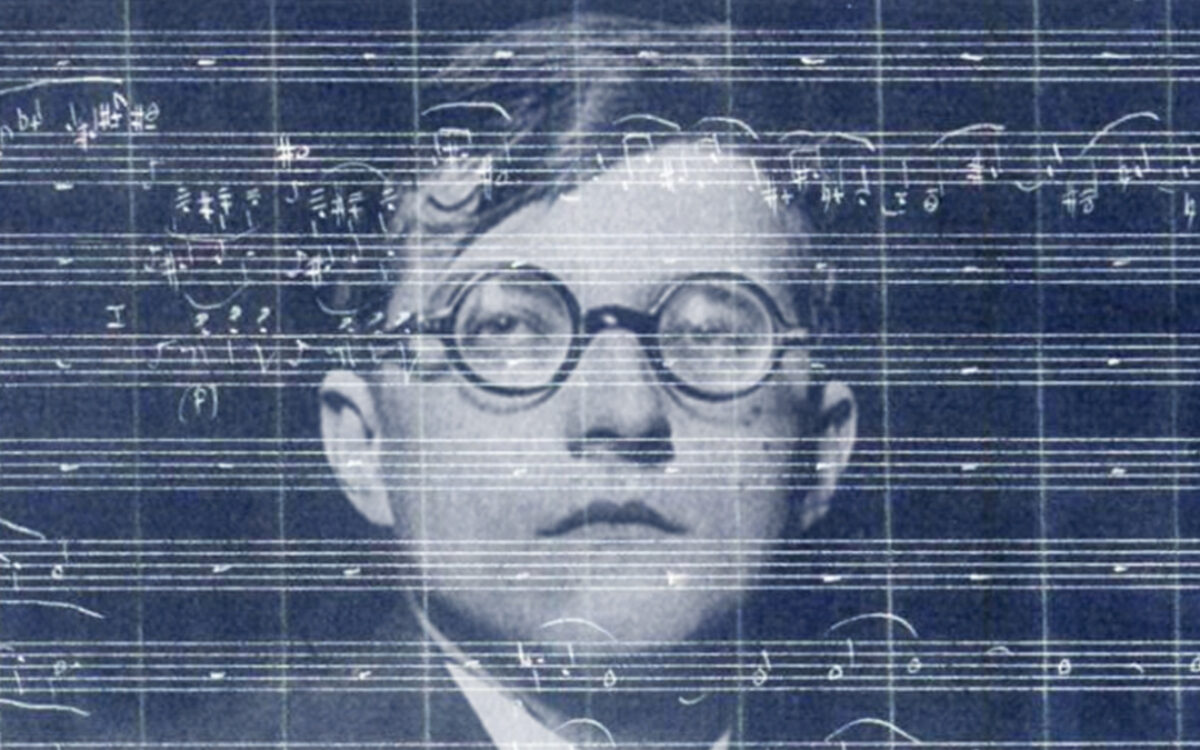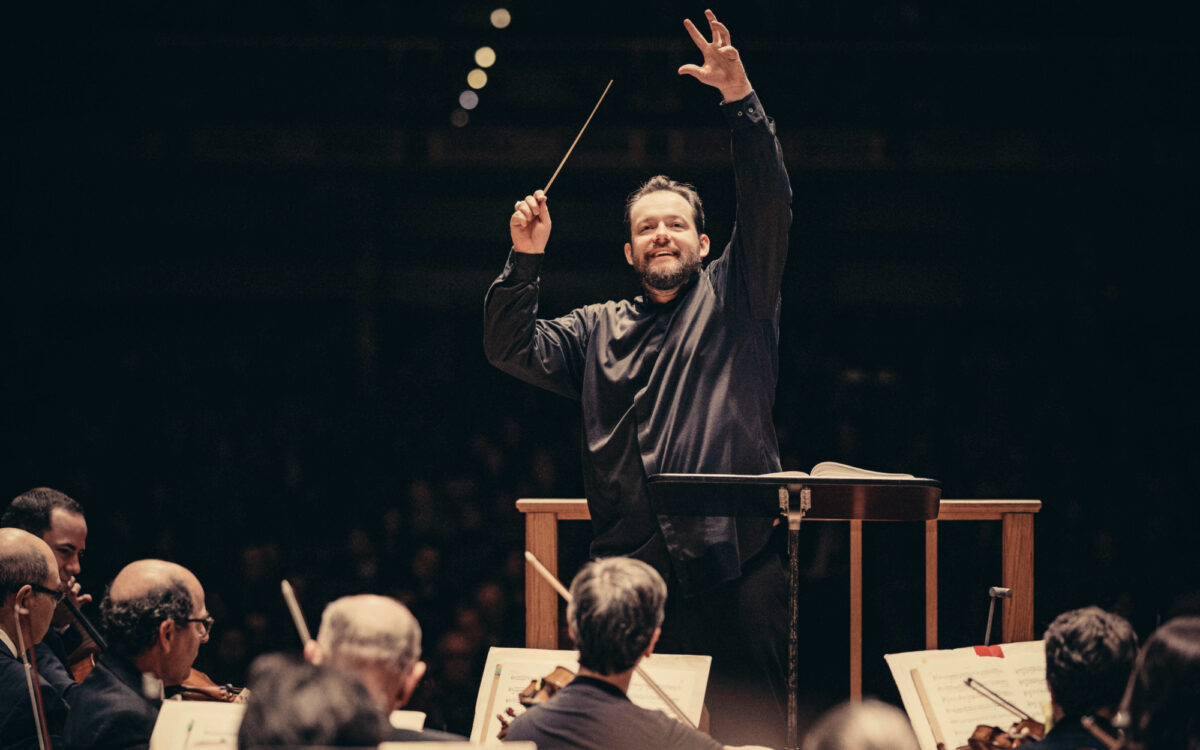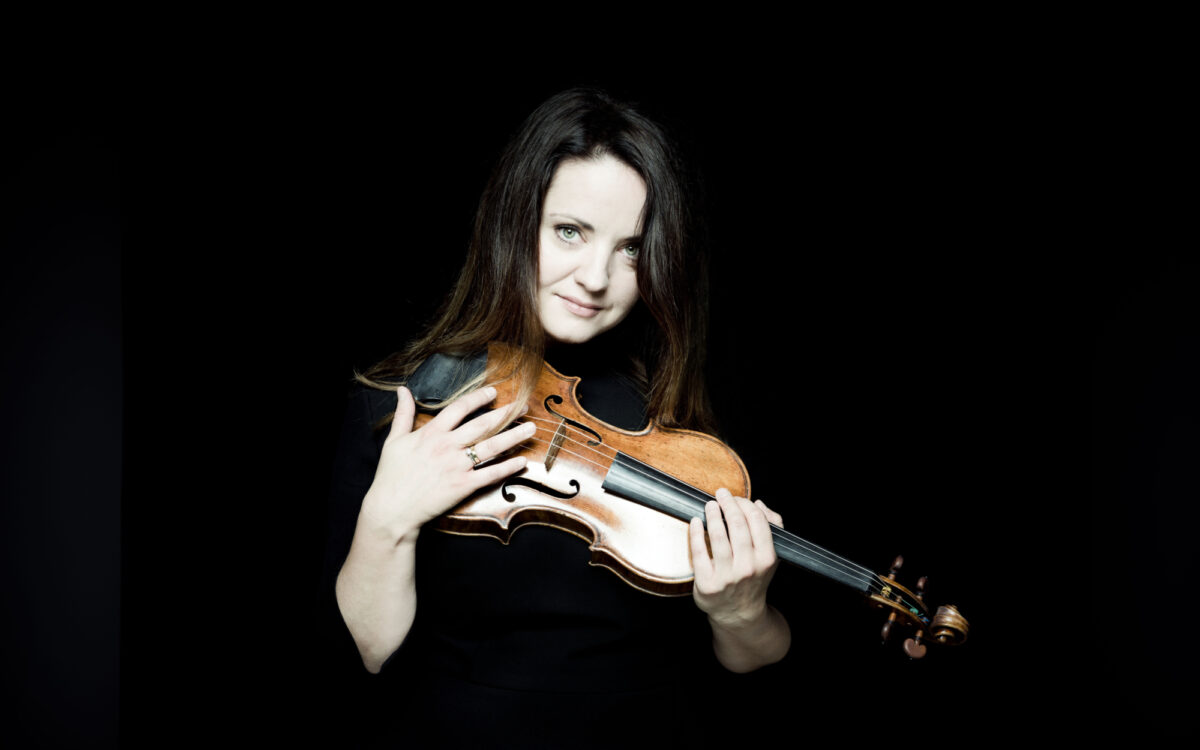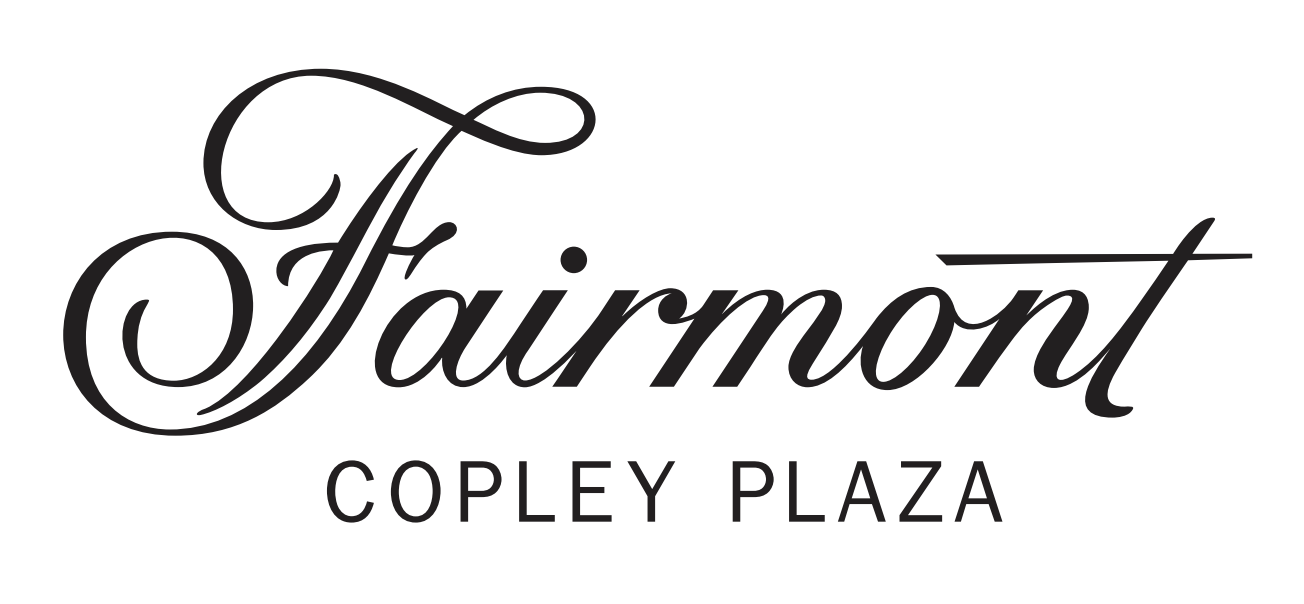2024-25 BSO Season
-
![Dmitri Shostakovich as a young man]()
Shostakovich in Soviet Cinema | Decoding Shostakovich
Harlow Robinson, lecturer
Hamlet (1964), film by Grigori Kosintsev; score by Dmitri Shostakovich
“To be, or not to be…” One of Dmitri Shostakovich’s favorite literary characters was Shakespeare's Hamlet, the indecisive prince, paralyzed by the vexing sort of moral choices--to collaborate or not to collaborate--that Soviet artists were constantly forced to make. Shostakovich wrote his most highly regarded film score for this 1964 Lenfilm adaptation of Hamlet, directed by his lifelong friend Grigori Kozintsev and starring Innokenty Smoktunovsky in a harrowing performance praised by Laurence Olivier. For Soviet artists and intellectuals, Shakespeare's plays and poems became a language of code signifying resistance to the totalitarian regime. For them, as for Hamlet, said Kozintsev, "the ultimate prison was not made up of stone or iron, but of people.” As Prof. Harlow Robinson will discuss before the screening, Shostakovich's seething score centers on the swirling image of the ghost of Hamlet's father, calling for revenge against injustice, hypocrisy, arrests and executions.
See DetailsCoolidge Corner Theatre, Brookline, MA
-
![Andris Nelsons conducting]()
Symphony No. 6 & Stravinsky Symphony of Psalms | Decoding Shostakovich
Andris Nelsons, conductor
Tanglewood Festival Chorus,
James Burton, conductorAleksandra VREBALOV Love Canticles for chorus and orchestra (world premiere; commissioned by the Boston Symphony Orchestra, Andris Nelsons, Music Director, through the generous support of Catherine and Paul Buttenwieser and the New Works Fund established by the Massachusetts Cultural Council, a state agency.)
STRAVINSKY Symphony of Psalms
-Intermission-
SHOSTAKOVICH Symphony No. 6This program pairs Shostakovich’s introspective, classically elegant Sixth Symphony with Stravinsky’s austerely profound Symphony of Psalms, commissioned by Serge Koussevitzky for the BSO’s 50th anniversary. In fact, Shostakovich so revered Stravinsky’s piece that he made a two-piano arrangement of the score. Commissioned by the BSO especially for these concerts, Aleksandra Vrebalov’s Love Canticles sets Psalm texts in English from the King James Bible, using the same musical forces as Stravinsky’s masterpiece. Originally from the former Yugoslavia and winner of the prestigious 2024 Grawemeyer Award, Vrebalov composes music of deeply spiritual humanism influenced in part by traditional Eastern Orthodox chant.
This week's performances by the Tanglewood Festival Chorus are supported by the Alan J. and Suzanne W. Dworsky Fund for Voice and Chorus.
Pre-concert Talk
The April 27 performance will include a pre-concert talk starting at 12:30pm with composer Aleksandra Vrebalov and the BSO Director of Program Publications, Robert Kirzinger.See DetailsSymphony Hall, Boston, MA
-
![Dmitri Shostakovich as a young man]()
Judaism in the Soviet Union | Decoding Shostakovich
Harlow Robinson, host
Josie Larsen, soprano
Mary Kray, mezzo-soprano
Yeghishe Manucharyan, tenor
Joseph Vasconi, pianoSHOSTAKOVICH From Jewish Folk Poetry
“The distinguishing feature of Jewish music is the ability to build a jolly melody on sad intonations," Shostakovich told a friend. "Why does a man strike up a jolly song? Because he feels sad at heart.” This sort of black humor – “laughter through tears” — struck a deep chord in Shostakovich. Antisemitism and the difficult historical experience of the Jewish people in Tsarist Russia, the USSR and elsewhere profoundly disturbed him, especially since many of his close friends and colleagues were Jewish and he saw first-hand the injustices and humiliation they suffered at the hands of Stalin and Hitler. Shostakovich incorporated Jewish themes into numerous works: the Second Piano Trio (1944), the First Violin Concerto (1947), From Jewish Folk Poetry (1948) the Fourth String Quartet (1949), and the Babi yar Symphony No.13 (1962). Prof. Harlow Robinson will discuss these works and other issues of Shostakovich's relationship to Jewish themes.
See DetailsThe Vilna Shul, Boston, MA
-
![Portrait of Baiba Skride holding her violin in front of a black background]()
Symphony No. 8 & Violin Concerto No. 1 with Baiba Skride | Decoding Shostakovich
Andris Nelsons, conductor
Baiba Skride, violinALL-SHOSTAKOVICH program
Violin Concerto No. 1
-Intermission-
Symphony No. 8Friday afternoon's performance by Baiba Skride is generously supported by the Plimpton Shattuck Fund.
A part of our series looking at the music and times of Dmitri Shostakovich and how the composer folded messages of revolution and resistance into his music during a politically turbulent time. Latvian violinist Baiba Skride brings her signature dulcet tones to Shostakovich’s Violin Concerto No. 1. This work is a deeply personal one, influenced by the composer’s fear of the Soviet censors and actual encounters with restrictive directives from the government. These bitter feelings toward the regime especially color the third and fourth movements. In this way and many others, we see the composer finding ways to stand up to prevailing political winds; for example, the whole piece is shot through with Jewish klezmer influence at a time when antisemitism was on the rise in the USSR.
Pre-concert Talk
The May 2 concert will include a pre-concert talk at 12:15pm with Soviet and Russian cultural historian Harlow Robinson.See DetailsSymphony Hall, Boston, MA
-
![Dmitri Shostakovich as a young man]()
Form and Function: The Legacy of Brutalism | Decoding Shostakovich
Jonathan Senik, piano
Mark Pasnik, Professor of Architecture, Wentworth Institute of Technology School of Architecture and DesignSHOSTAKOVICH 24 Preludes op. 34
A discussion of the history of brutalist architecture, from its European origins and expressionistic roots in Russian Constructivism to its arrival in the United States, hosted by Mark Pasnik, professor of architecture at Wentworth Institute of Technology, founding principal of the architecture firm OverUnder, and co-author of Heroic: Concrete Architecture and the New Boston, which examines Boston’s brutalist legacy. This discussion will explore the people, ideas, and stories behind the building of Boston’s own City Hall, the inherited legacy of brutalism, it’s parallels to traditions surrounding Shostakovich’s own journey, and the architectural movement’s changing reception today.
See DetailsBoston City Hall, Lobby, Boston, MA








